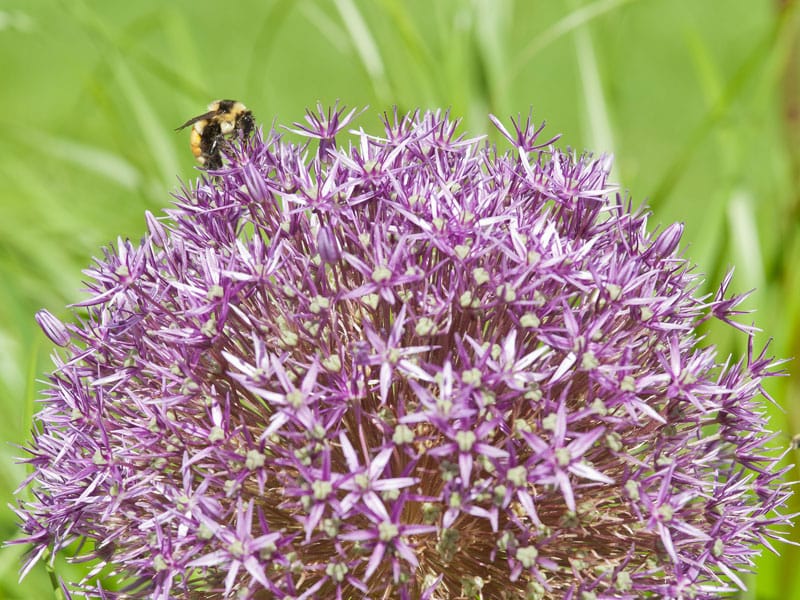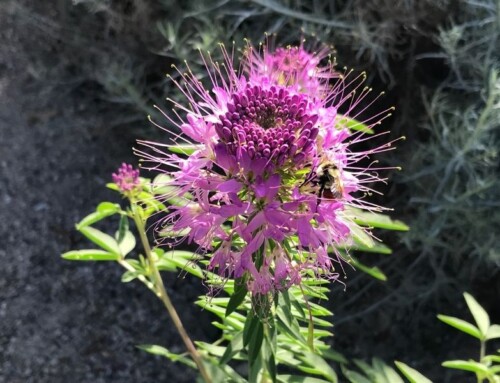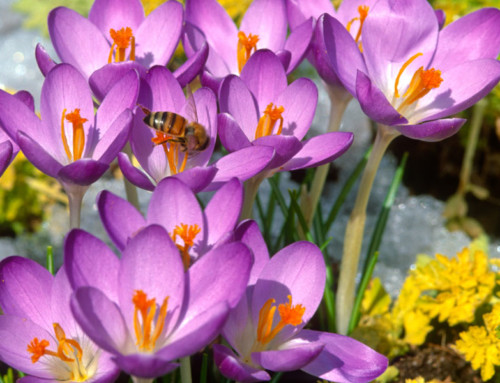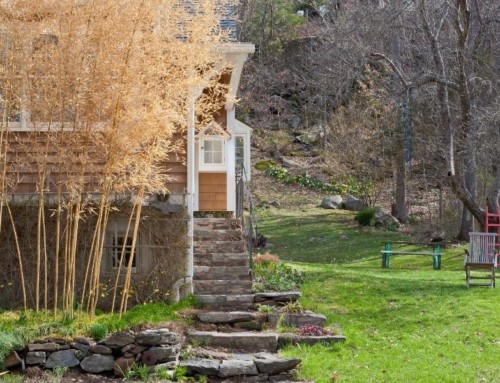Native Plants and Pollinator Habitats in Farms and Gardens
Wednesday, March 27, 2019
9:00 am-12:30 pm
Sponsored by CT NOFA (The Northeast Organic Farmers Association)
At The Institute for American Indian Studies
38 Curtis Road
Washington, CT 06793
Formerly titled Designing and Planting for Pollinators Workshop, we re-named it Native Plants and Pollinator Habitats in Farms and Gardens to highlight the connection between native plants, pollinator habitat (in our yards and on farms) and food security. Come learn how to create, maintain and restore habitat to benefit pollinators.
Free for NOFA (Northeast Organic Farmers Assoc.) members and NOFA Accredited Organic Land Care Professionals (AOLCP’s); $15 for non-members. Space is limited, REGISTRATION is required.
As gardeners and land care professionals, our practices and plant choices can have a huge beneficial effect – or not – on pollinators. Learn how to design, plant and maintain organic landscapes that support the entire life cycle of bees and other pollinators. This will be a plant-centered habitat creation presentation, not a primer on insect identification. We will dig deep, immerse ourselves in inspiring images and have plenty of time for Q&A in this half day workshop and slide presentation.
HERE’S WHAT WE WILL COVER
Sex in the Garden: Pollen, pollinators and genetic diversity
First we will review who the pollinators are, how they are threatened, why bees are so important, why flowers exist in the first place, pollinator/plant/animal interdependencies and the importance of diversity. A little basic pollination biology will help you choose high-value plants as you navigate through marketing hype and nursery catalog omissions.
The best plants for pollinators
Then the ongoing question: “Who is this plant feeding?” Native plants are the most important for many reasons, but non-native annuals, garden perennials, herbs, bulbs and woody plants play a role too. The best of the best – natives that feed the most generalist and specialist insects will be highlighted. Pollinators need quality food throughout their entire life cycles. A photographic tour of the progression of superlative blooms from late winter to late fall will inspire expanded plant palettes that offer a full buffet for pollinators.
Creating and Preserving Pollinator Habitat
The grand finale: recognizing, preserving, restoring and creating habitat. Pollinators are indicator species – they reflect the health of the entire ecosystem, and they are keystone species – many other species depend upon them. When we supply nesting and overwintering sites, design for efficient foraging in a non-toxic environment and employ maintenance strategies that favor pollinators, we create habitat for all kinds of creatures. Photos show a range of attainable back (and front) yard New England habitats disguised as beautiful, sustainable home landscapes.



